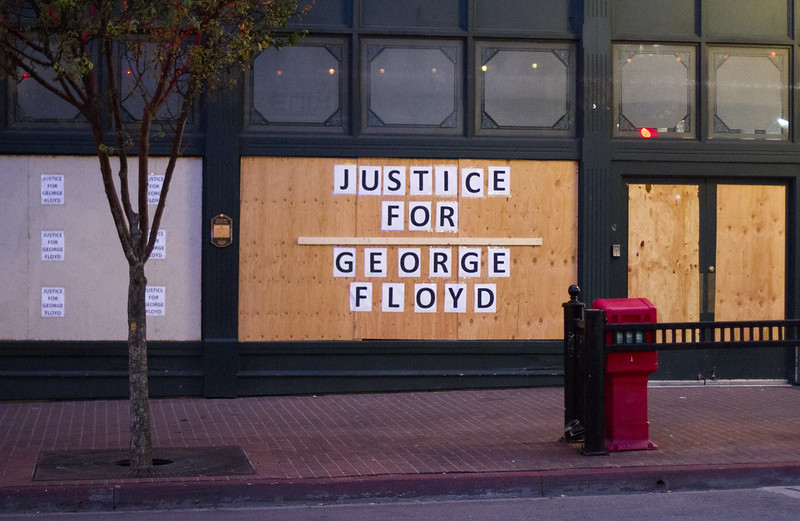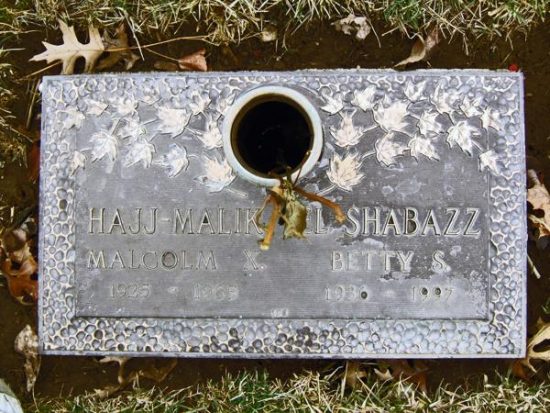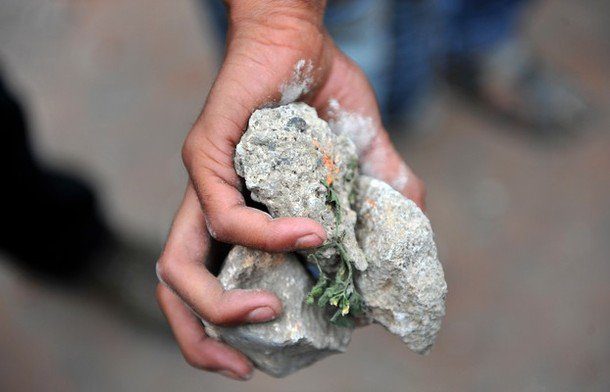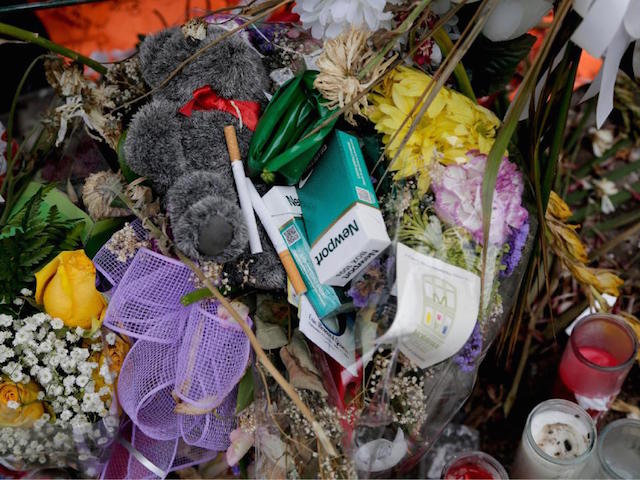There is no equity in silence.

June 15, 2020
I’ve been waking up to headlines and reports of the world reaching an ever-ascending fever pitch. And when I learned that one of the policemen present and complicit in the violent murder of George Floyd was a Hmong officer, I was enraged and ashamed. One of them had to be a Hmong man, of course. I did not feel myself to be as surprised as I perhaps wanted to be.
Then came the flood of Facebook posts—members of the Hmong community began to air opinions, some condemning Tou Thao, the Hmong officer, and others excusing his behavior. I observed that it was predominantly Hmong women who spoke out (and continue to speak out) about racial injustices while expressing disdain at Thao’s decision to stand guard and not intervene as Derek Chauvin crushed George Floyd’s neck with his knee and killed him. Online trolls who appeared to be predominantly Hmong cis men hurled misogynistic insults, anti-black rhetoric, and sexually violent slurs at several of those posts. Their harmful responses revealed their ignorance and anti-Black racism.
As a Hmong woman born and raised in this country, I have often found that this particular type of “Hmong man” also embodies patriotic pro-assimilationist tendencies coupled with a superficial belief in the American Dream. In other words, he is someone who might seek social validation from the mainstream. Or he might be someone who fulfills too easily the lackey role, sometimes unbeknownst to himself. Or worse, he can be someone who fails to or is unable to interrogate and dismantle the parts of his own culture that have long granted him far too much privilege over women.
It disheartens me to no end to consider all of the ways in which these tendencies manifest as a form of subservience and colonized loyalty to white people. And in instances when a Hmong woman steps up to say something meaningful in favor of social justice, it immediately triggers a Hmong man’s fragile masculinity, forcing him to attempt to exert over her the power and control he assumes he’s been naturally afforded by the outdated structures of the Hmong patriarchy.
When I think about the notion of colonized loyalty, I am reminded of the war. Of how the United States feared the domino spread of communism during the Vietnam War, leading the C.I.A. to covertly enlist tens of thousands of Hmong men and boys in northern Laos to fight on its behalf in what became known as the Secret War. Starting in the mid-1950s and more actively throughout the 1960s, Hmong soldiers gathered intelligence, rescued downed U.S. pilots, and severed the transport of supplies along the Ho Chi Minh Trail, amongst a host of other guerrilla activity. All of this happened in spite of international agreements established in Geneva in 1954 and reaffirmed in 1962 asserting that Laos remain a neutral state. This clandestine war not only then functioned as a devious workaround to these neutrality laws, but it also saved the United States the necessity of sending its own soldiers to serve on Laotian ground.
I think about how some people in my community still fail to see this war for what it was: a proxy war in which the United States used Hmong people to do its bidding in order to spare American lives while circumventing neutrality agreements.
And when the United States abandoned Laos in 1975, leaving the Hmong to fend for themselves and face the threat of genocide, hundreds of thousands of Southeast Asian civilians fled for their lives, and in the process, became refugees. Many of them journeyed by foot for weeks to reach the camps, and many of them died along the way. The communist victory, the incessant bombing campaigns, and the devastation to villages had left the region in ruins. Hmong people no longer served a purpose to the United States, and we were quickly discarded to fight or flee on our own without a chance for resettlement until many years later.
In my mind, a government raising an imperial army to serve at its behest even in breach of international agreements is not so distinct from a government inflicting authoritarian control over its citizenry by way of an ever-increasing militarization of police forces. While the location shifts, the peoples may change, and the situations can vary, the tactics are always the same. Does the antiquated structure of the patriarchy foster the need to exert power and control? Is the wielding of excessive force the only way to salvage a crumbling empire?
It’s time for us to collectively wake up. The American Dream will not save us. On the contrary, the pursuit of the ‘Dream’ feels as though it is leading to more harm than good. Think of all the profits being accrued by the prison industrial complex, and all the ways it increases its capital by keeping people in cages for decades on end. Think of neighborhoods and communities that have long suffered from and continue to be steeped in poverty, unemployment, and a general lack of opportunities. Think of working-class people, many of whom came to this country seeking a better life only to end up with menial jobs laboring all hours of the day and night in order to keep the racist corporate machine of this country functioning.
And if we’ve learned anything from the war, let it be the painful remembrance of all those who lost their lives to serve U.S. foreign policy interests, of mountains and highlands gone to us forever, of exile and continual migrations. Let it be the knowledge that we will always be viewed and inevitably treated as disposable.
That’s why as a community, we can no longer afford to ignore the injustices experienced by Black people in this country. There is no equity in silence. And there is no way our community alone can transcend the racist ideologies that have long plagued law enforcement and the criminal justice system, and that have long afflicted communities that were already here in this country well before we arrived. What will it take for us to see that we need each other more than some of us are willing to admit? Why can’t we realize that the colonizer will pit us and our communities against one another to benefit the empire?
But the work goes far beyond deepening our own actions for racial justice and advocacy on the wrongdoings of our government. Within our own Hmong community, there remain serious conversations to be had. And in my version of the Hmong future, there will be no room or tolerance for the patriarchal structures and proclivities that have long disempowered many daughters and mothers in our community. If you are a Hmong man who does not understand this, then you will be left behind. Or rather, you have already been left behind.
There must, instead, be room for change, for the dissolution of traditional practices that have kept us far too long within the confines of misogyny. There has to come the full, genuine acceptance and awareness that a thriving Hmong future cannot be achieved without the full, genuine acceptance and engagement of Hmong women. If our fate as a people rests solely on Hmong men, then we are doomed to watch our own demise.
And there must be ample room in this vision for radical awareness and support of other oppressed communities who are confronting a range of social, racial, and institutional injustices. In the eyes of the mainstream, we Hmong are not so privileged and special as a people to think ourselves exempt and safe from these injustices.
The murders of George Floyd, Ahmaud Arbery, Breonna Taylor, Tony McDade, Nina Pop, and all who have been killed before them are a tragedy beyond words that should have never been allowed to happen. As a community, we still have a long way to go before we can even begin to live out the destiny of being the free people our ancestors wanted for us to be.
But the world is currently transforming at an unprecedented and accelerated rate, in ways we could not have anticipated. And the notion of a land brimming with golden opportunity feels very much like a thing of the past, an obsolete construct.
The American Dream deludes us, only to loot from us and then render us disposable once again.
In this moment, we must harness the transformative energies all around us, the energies that tell us our lives will never be what they once were; that we must leave the old structures behind so that we can finally build toward the world we were never allowed to have, a world that imagines our future in solidarity with others.
◻︎◻︎◻︎
TAKE ACTION:
The work to combat anti-Black racism and the brutality of the carceral system, and to fight for justice in our country is ever ongoing and cannot be achieved in the silos of our communities. We must extend ourselves and reach out in ways we may not have before, toward the hope and fostering of a new world that awaits. Please visit the following resources to find out how you can give and help in these efforts.
- Join the Movement for Black Lives and plug into ongoing campaigns.
- Donate to the Bail Project.
- Learn about the work of The Dream Defenders and donate.
- Visit Defund12.org to email your local officials to reallocate police budgets toward education and social services.
- Read, learn, reflect, discuss. On solidarity, check out Black Women Radicals and Asian American Feminist Collective’s reading list.



